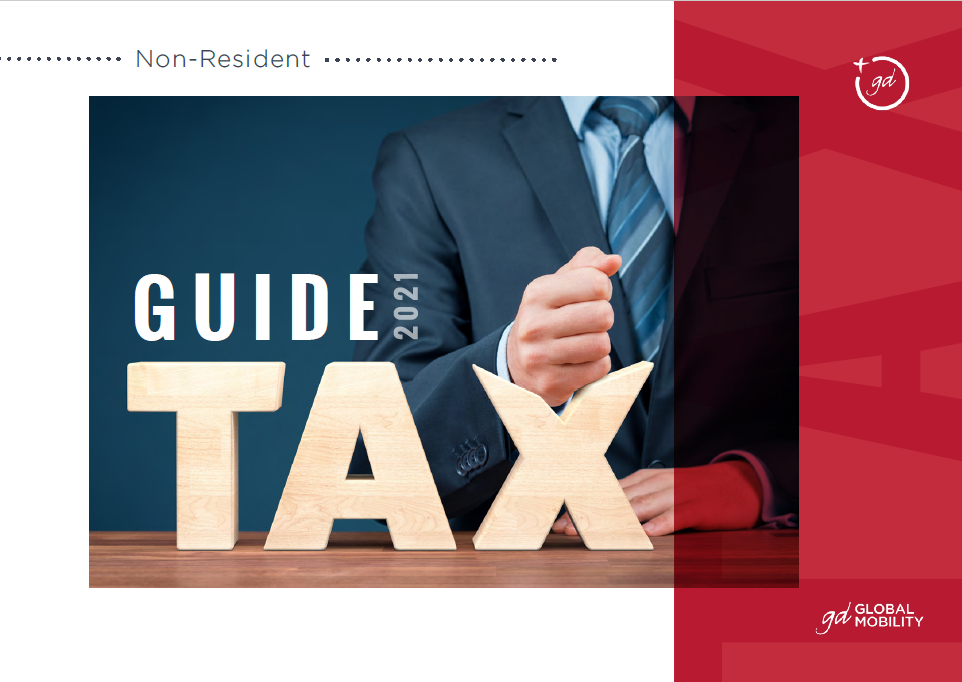
In Spain there are four temporary residence permits for reasons of ties (employment, social, family, or training ties).
In this post we not only discuss the concept of social ties, but we also point out the main changes that have occurred after the approval of the Reform of the Immigration Regulation (changes that enter into force on August 16, 2022).
What is the social ties residence permit?
The social ties residence permit allows many people to regularize their administrative situation in Spain. In fact, it is one of the most commonly used permits for exceptional circumstances in our territory.
One of the main features of this permit is that it can be processed in Spain. That is, it can be carried out while the foreigner is in an unregistered situation without having to travel to their country of origin.
Foreigners can obtain permits due to social ties as long as they prove their continued stay in Spain for a certain period of time. In addition, they must meet a number of requirements.
Requirements to obtain a residence permit due to social ties
In order to obtain this exceptional residence permit, a number of circumstances must be met:
1 ✅ First of all, the foreign person must not be a citizen of an EU State, of the European Economic Area or of Switzerland, or a relative of citizens of these countries, to whom the regime of citizenship of the European Union applies.
2 ✅ The foreign person must have no criminal record in Spain or in their country of origin or in the country or countries in which they have resided for the last five years.
3 ✅ The applicant must have been continuously in Spain for a minimum period of three years prior to the application (absences from Spain during this period may not exceed 120 days). This requirement is proved by providing public and private documents that show that the foreign person has remained in Spain for the three years prior to the start of the social ties residence permit procedure.
Social ties and the need for an employment contract
4 ✅ The concerned party must have an employment contract signed by them and the employer that guarantees at least the minimum interprofessional wage or the wage established, where appropriate, in the applicable collective agreement at the time of the application; the sum must represent a weekly workday of not less than thirty hours in the overall calculation and guarantee at least the minimum interprofessional wage.
Note: what is indicated in the previous paragraph is one of the main modifications that the Reform of the Immigration Regulations has introduced in 2022. Before the reform it was necessary to have an employment contract signed by the employer at the time of application, which had been valid for a period of more than one year.
Continuing with requirement number three… the contract may have a minimum duration of 20 hours in cases where minors or persons who require support measures for the exercise of their legal capacity are shown to be under the care of the applicant.
There are several cases in which more than one employment contract may be submitted:
- In the case of the agricultural sector, two or more contracts may be submitted, with different employers and with each of them linked.
- The regulations on foreign persons allow the submission of several contracts in the case of activities in the same or different occupations, working partially and simultaneously for more than one employer.
Social ties: family ties and report on ties
5 ✅ Fifthly, the foreign person must have family ties (spouses or common-law partners, ascendants and descendants of the first degree and in direct line) with other resident foreign persons.
If there are no family ties, the foreigner could submit a report on ties that proves their social integration, issued by the Autonomous Community (or the City Council if the Autonomous Community has authorized it) in whose territory they have their usual place of residence.
The social ties report must compile a series of factors regarding ties that can be accredited by the different competent administrations, such as:
- The length of stay of the foreign person concerned at their usual place of residence (they should be registered as a local resident).
- The economic means available to them.
- Possible links with family members residing in Spain.
- Efforts to integrate through the monitoring of social-labor and cultural integration programs.
This report must be issued and sent to the concerned party within a maximum period of thirty days from its request.
6 ✅ The foreign person must not be prohibited from entering Spain. They should also not be liable to be refused entry to the territory of countries that Spain has signed an agreement with to such effect.
Is it always necessary to have an employment contract?
Another important aspect to take into account is that the body that issues the report on ties may recommend that the foreign person be exempted from the need for an employment contract, provided that they prove that they have sufficient guaranteed financial means equivalent to at least 100% of the amount of the Minimum Life Income on an annual basis.
In other words, if the foreign person has sufficient financial means, they may obtain a social ties residence permit without the need for an employment contract (in this case, a report confirming this is also required).
Social ties for the self-employed
A social ties residence permit can also be obtained if the foreign person, in addition to fulfilling certain extra requirements, alleges that their economic means are derived from an activity carried out while working for themselves (that is, a social ties residence permit can also be obtained if the foreign person creates their own company and works as a self-employed individual in Spanish territory).
What kind of permit do social ties in Spain confer?
The foreign person obtains through social ties a residence permit for exceptional circumstances whose duration is one year.
The granting of this temporary residence permit for exceptional circumstances due to social ties entails a permit to work in Spain.
It is important to note that this permit can be modified in most cases if a number of criteria are met.
Conclusions following the Reform of the Immigration Regulations
Social ties is a concept that has existed for many years. It is regulated by Royal Decree 557/2011, of April 20, which approves the Regulation of Organic Law 4/2000, on the rights and freedoms of foreigners in Spain and their social integration, after its amendment by Organic Law 2/2009.
On July 27, a Reform of the Immigration Regulations was officially published, which has introduced changes in the social ties residence permit that enter into force on August 16, 2022.
In this scenario, it should be noted that with the Reform, the contract requirements that must be provided in the application for a social ties residence permit have been made more flexible. Specifically, the minimum duration of a period of one year has been eliminated.
Now the applicant must have an employment contract signed by the worker and the employer that guarantees at least the minimum interprofessional wage or the wage established, where appropriate, in the applicable collective agreement at the time of the application; and whose sum must represent a weekly workday of not less than thirty hours in the overall calculation and guarantee at least the minimum interprofessional wage.
The content of this post is purely informative and should not be extrapolated to all cases. With regard to the changes introduced by the Reform of the Immigration Regulations, it is expected that instructions will be issued to clarify these developments.



